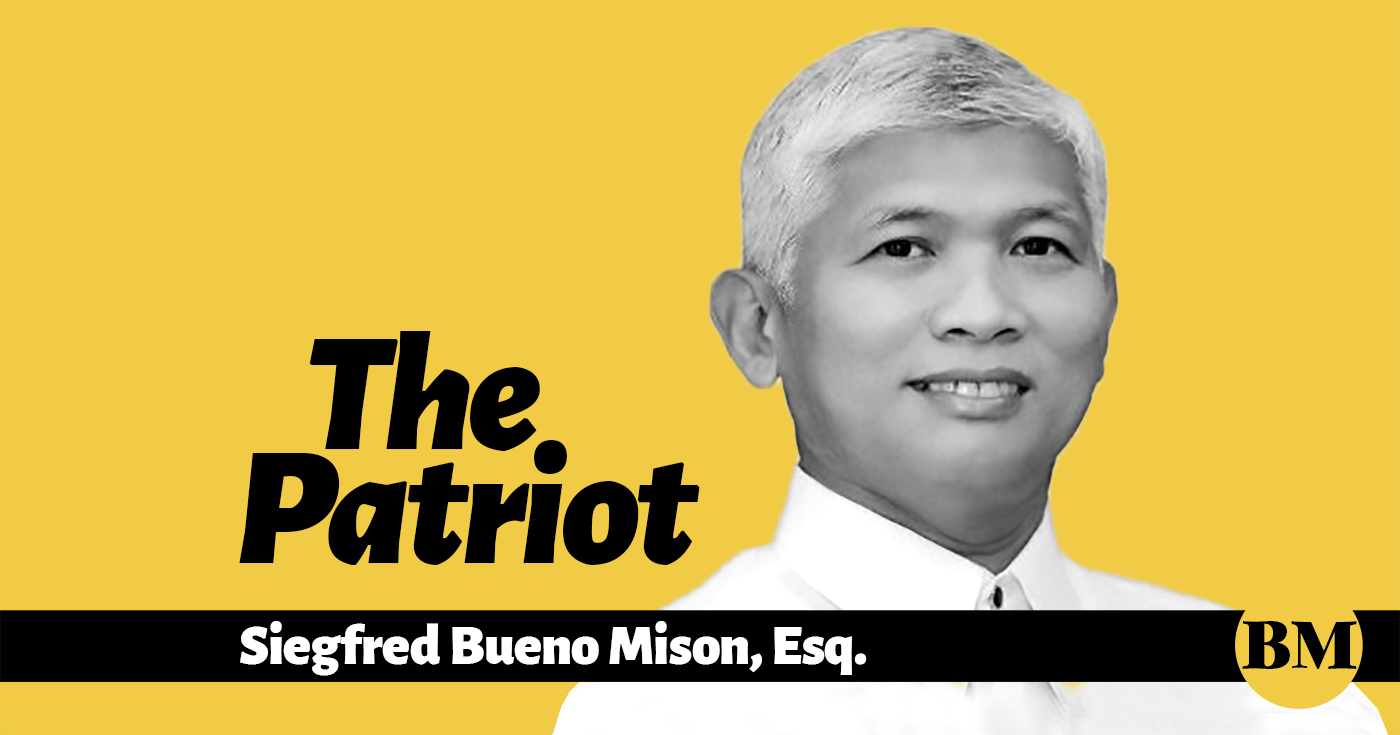THE Insurance Commission issued Circular Letter (CL) 2014-31 on July 8, 2014, providing for the Guidelines for Securities Borrowing and Lending, where insurance companies were allowed to participate in SBL transactions as lenders only. The borrowing period shall in no case exceed two years from the date of execution of the SBL Confirmation Notice. The circular also provided for the acceptable collaterals in SBL transactions.
The Master Securities Lending Agreement will have to be registered with the Bureau of Internal Revenue. For the lending insurance companies, the benefits are: a) earning lending fees from the borrowers; b) generate income from the reinvestment of collaterals; and c) cut the costs of custody fees levied on idle securities. However, concerns were raised in the Financial Stability Coordinating Council, which led to the issuance of an Advisory by the Insurance Commissioner in September 2014 deferring the implementation of CL 2014-31.
SBL is a temporary loan of securities between the lender and the borrower. This is done to allow the borrower who expects the price of a stock to fall to hold a short position for a longer duration, while the lender who loans the stock receives a lending fee from the borrower. It is also defined as the transfer of securities during the period from one lender to the borrower. The borrower agrees to transfer the securities back to the lender on the due date of the contract. To prevent the risk of the borrower being unable to deliver the securities lending fee, the borrower agrees to transfer collateral to the lender. This could be either cash or securities.
SBL is “growing globally”. It is an important activity, contributing to greater liquidity, and improved risk management. Most SBL activities occur over-the-counter and are bilateral or are transacted directly between the lender and the borrower. They can also be transacted through lending agents. These stock lending activities have generated annual revenues of $3.2 billion for lenders and agents around the world. Regulations have also developed, such as the Stock Borrowing and Lending Code by the UK Securities Lending and Repo Committee. Standard market agreements, such as the Global Master Securities Lending Agreement issued by the International Securities Lending Association, have also evolved. The general regulatory framework for SBL in the Philippines was put in place in 2006, when it was issued by the PSE and approved by the SEC.
The main purpose of borrowing stocks is to short-sell them in the market. It is also called “shorting” of stocks. When a trader has a negative view on a stock price (meaning he believes a stock is overvalued), he then borrows shares from the SBL, sell them, and buy them back when the price falls. The act of returning the stock to the broker is known as “closing” or “covering” the short position. On the other hand, the lending is done by long-term investors who own large number of shares that they do not intend to sell in the near future. These long-term investors would include insurance companies. They may also be characterized as “short sellers”. The profit margins are small, so the business is compensated by volume. In short-selling, profit is made even if one does not own the stock. Short-selling can also be risky because it may lead to losses should the stock rise instead of fall. And then there are, of course, the credit and counterparty risks.
Short-selling was introduced for the first time in the Philippine market by the PSE in 2018. Thus, the Philippine Stock Exchange’s Guidelines for Short Selling Transactions (Short Selling Guidelines) was approved by the Securities and Exchange Commission on June 5, 2018. According to PSE President Ramon Monzon, “Since this is the first time we are introducing short-selling, our guidelines were crafted with the goal of ensuring that short- selling transactions are transparent and effectively monitored. Even with a limited number of eligible securities and a cap on short interest to begin with, we believe that the ability to take short positions will further spur trading activity and attract more investors to our market.” Indeed, prior to being allowed, short-selling was prohibited and penalized.
Dennis B. Funa is the current insurance commissioner. Funa was appointed by President Duterte as the new insurance commissioner in December 2016. E-mail: dennisfuna@yahoo.com.




























